HubSpot CMS vs WordPress
Need help deciding between HubSpot and WordPress?
This comprehensive comparison explains every aspect of HubSpot CMS and WordPress, giving you the information you need to decide.
Table of Contents
Need help deciding between HubSpot and WordPress?
This comprehensive comparison explains every aspect of HubSpot CMS and WordPress, giving you the information you need to decide.
HubSpot CMS is part of HubSpot's all-in-one CRM platform. It allows users to build and manage websites on HubSpot's proprietary system. The CMS is hosted in the cloud and updated regularly by HubSpot with a focus on speed and uptime.
HubSpot CMS makes website creation and management easy, especially for marketers with little technical expertise. The primary advantage is its integration with HubSpot CRM, marketing, sales, and service tools. It's ideal for businesses wanting an all-in-one solution.
WordPress is an open-source content management system and website builder that can be self-hosted or hosted through third-party providers.
There are two versions of WordPress. Let's compare them.
It's user-friendly and intuitive drag-and-drop editor, which comes as standard, makes it incredibly easy for marketers to create and update content. The editor also shows a real-time front-end preview so it's easy to make adjustments and perfect before publishing.
HubSpot also has a powerful relational database known as HubDB. You'll likely need to set this up with a HubSpot web developer, but once enabled, you can generate and update content within a structured table format.
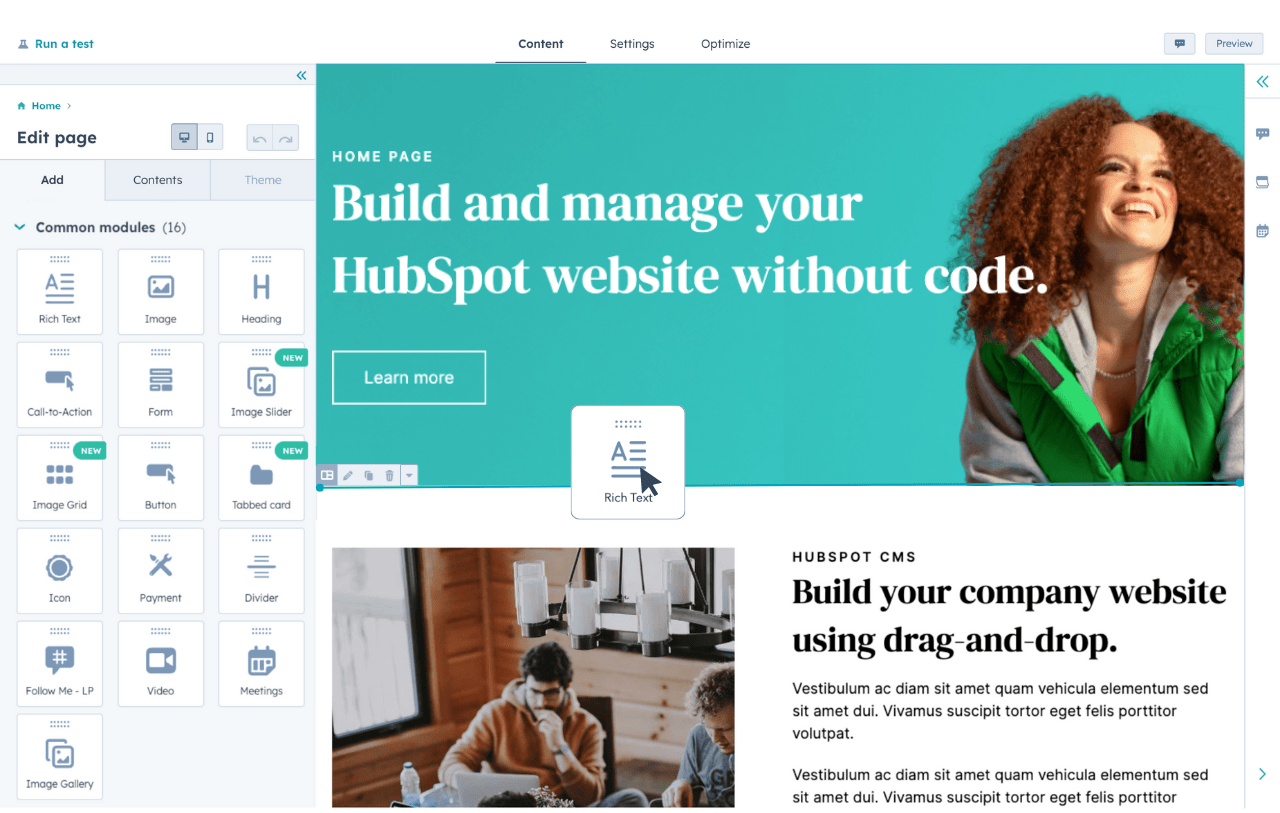
WordPress can feel more cumbersome compared to HubSpot's user-friendly drag-and-drop editor.
WordPress offers drag-and-drop functionality as standard, but it's less intuitive than HubSpot's. It has a lot of options, which may confuse users and lead to consistency on the website. Many marketers rely on plugins, like Elementor, to get a good WordPress editing experience.
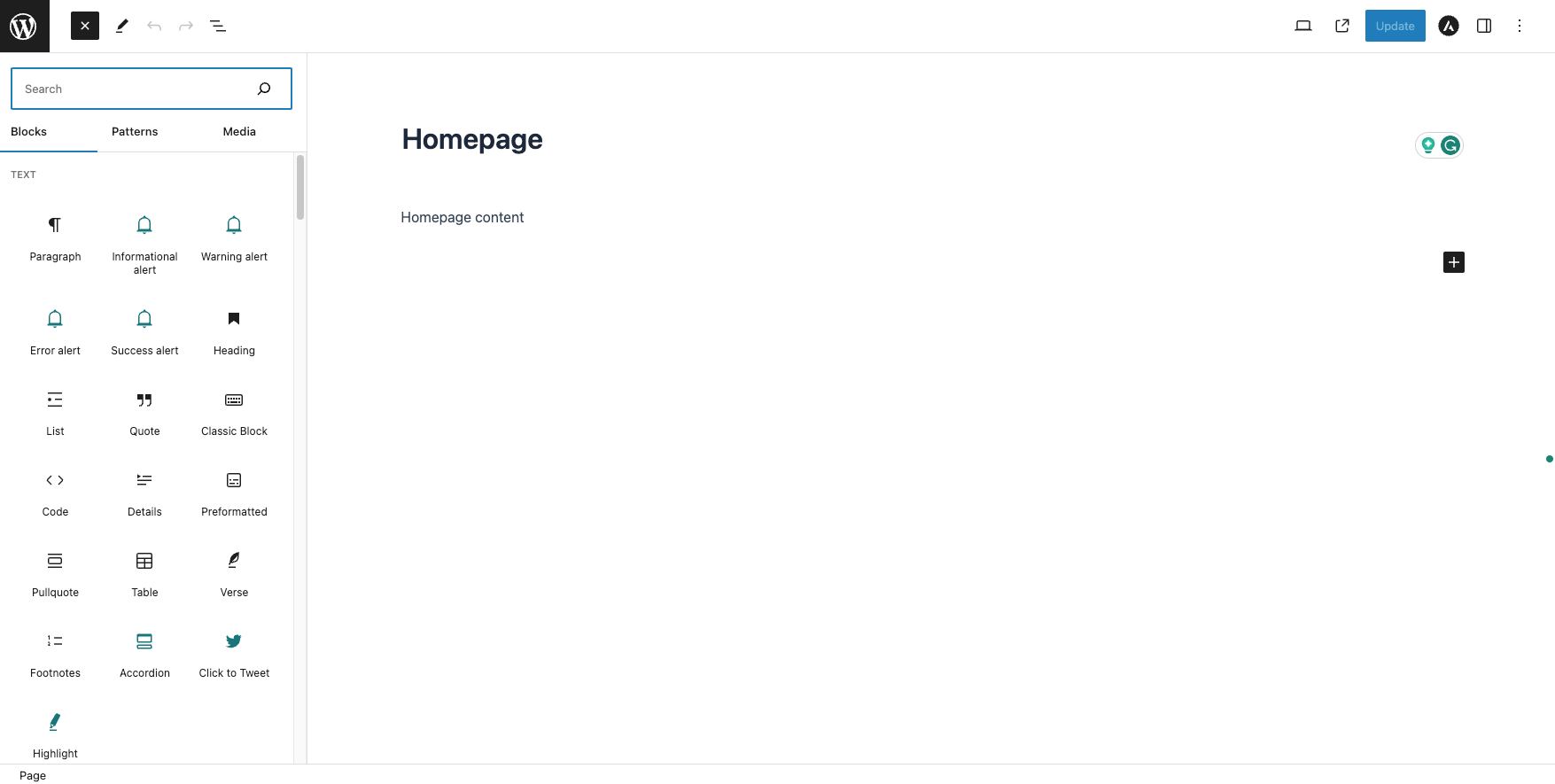
HubSpot CMS provides a secure hosting environment right out of the box. It hosts your site on infrastructure that HubSpot fully manages, keeping it up-to-date with the latest security patches. Extra security measures like reCAPTCHA, spam filtering, and single sign-on integration also come built-in to HubSpot CMS as standard.
All sites are issued free SSL certificates to enable encryption. The platform also benefits from sitting behind HubSpot firewalls, DDoS mitigation, and constant monitoring to identify and address threats. With HubSpot managing these key security provisions, website owners can rest assured their HubSpot CMS sites are secure.
Since plugins and integrations are limited, there are fewer vulnerabilities to worry about.
Site owners take on more responsibility for security. Most WordPress sites are self-hosted, meaning site owners perform patching and upgrades themselves. Owners must install vital plug-ins like reCAPTCHA, spam filters, and get SSL certificates.
While flexibility is a benefit, more plug-ins and integrations create potential vulnerabilities that require monitoring. Login credentials must be closely guarded, as the backend can be accessed if compromised.
Every website exists on servers, which serve as the backbone of any effective online presence. These servers provide the necessary infrastructure for a seamless website experience, including networking, power, and redundancy.
With HubSpot, all aspects of sourcing, maintenance, configuration, and monitoring are included in the license fee. This means that you don't have to worry about managing multiple vendors or dealing with the complexities of infrastructure management.
HubSpot goes above and beyond by offering optional, highly desirable infrastructure within the CMS like SSL sourcing and configuration or a CDN (Content Delivery Network) for lightning-fast performance.
With HubSpot, you don't have to worry about the complexities of infrastructure management or the associated costs.
With WordPress, you have to source your infrastructure elsewhere, which can be time-consuming and costly.
The host you choose provides your infrastructure, and it plays a crucial role in the performance and security of your website. Without a reliable host, your website may experience slow loading times, downtime, and security vulnerabilities.
In addition to the infrastructure challenges, WordPress servers sometimes only have one IP address, making them vulnerable to cyberattacks, like DDoS. These attacks can overwhelm your server with traffic, causing your website to crash, so it's inaccessible to users. To protect your website from such attacks, you would need to invest in additional security measures, such as firewalls and DDoS protection services.
HubSpot CMS has built-in analytics and data integration. Website analytics provide robust tracking of traffic, conversions, and other metrics. Since HubSpot CMS is part of the larger HubSpot ecosystem, first-party data integrates with all other HubSpot tools.
This gives HubSpot CMS users a unified view of customer data and behaviour that's not easily matched by competitors. The analytics and data integration provide deep customer insights without the need for extra third-party tools.
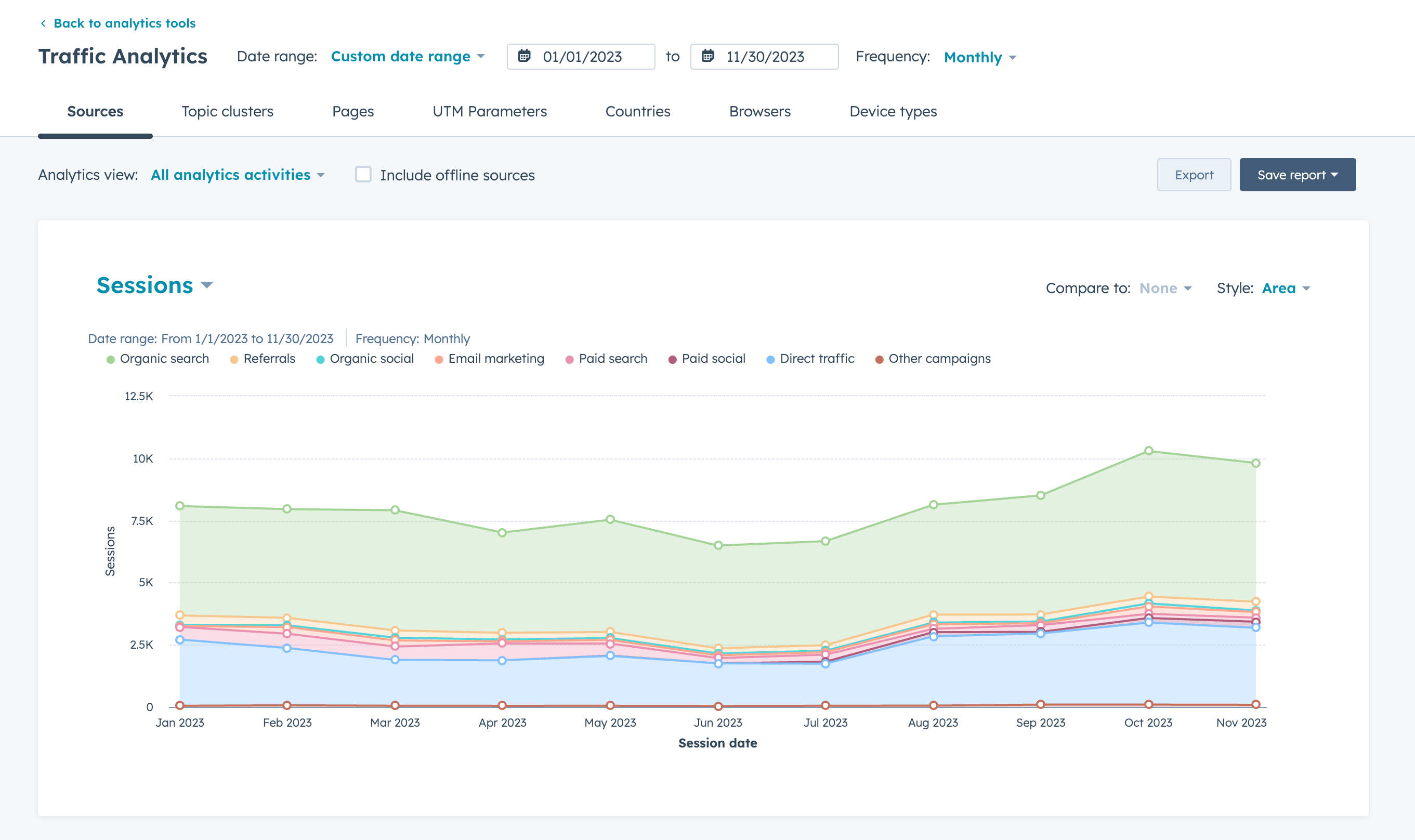
You'll need to add this functionality through Google Analytics or similar third-party plugins. Analysing first-party CRM data requires integrations with separate systems like Salesforce, Zoho, or HubSpot.
Storing data that you can segment means stitching together analytics, CRM data, and custom database solutions. While achievable with the right engineering resources, this level of integrated data requires significant effort in WordPress.
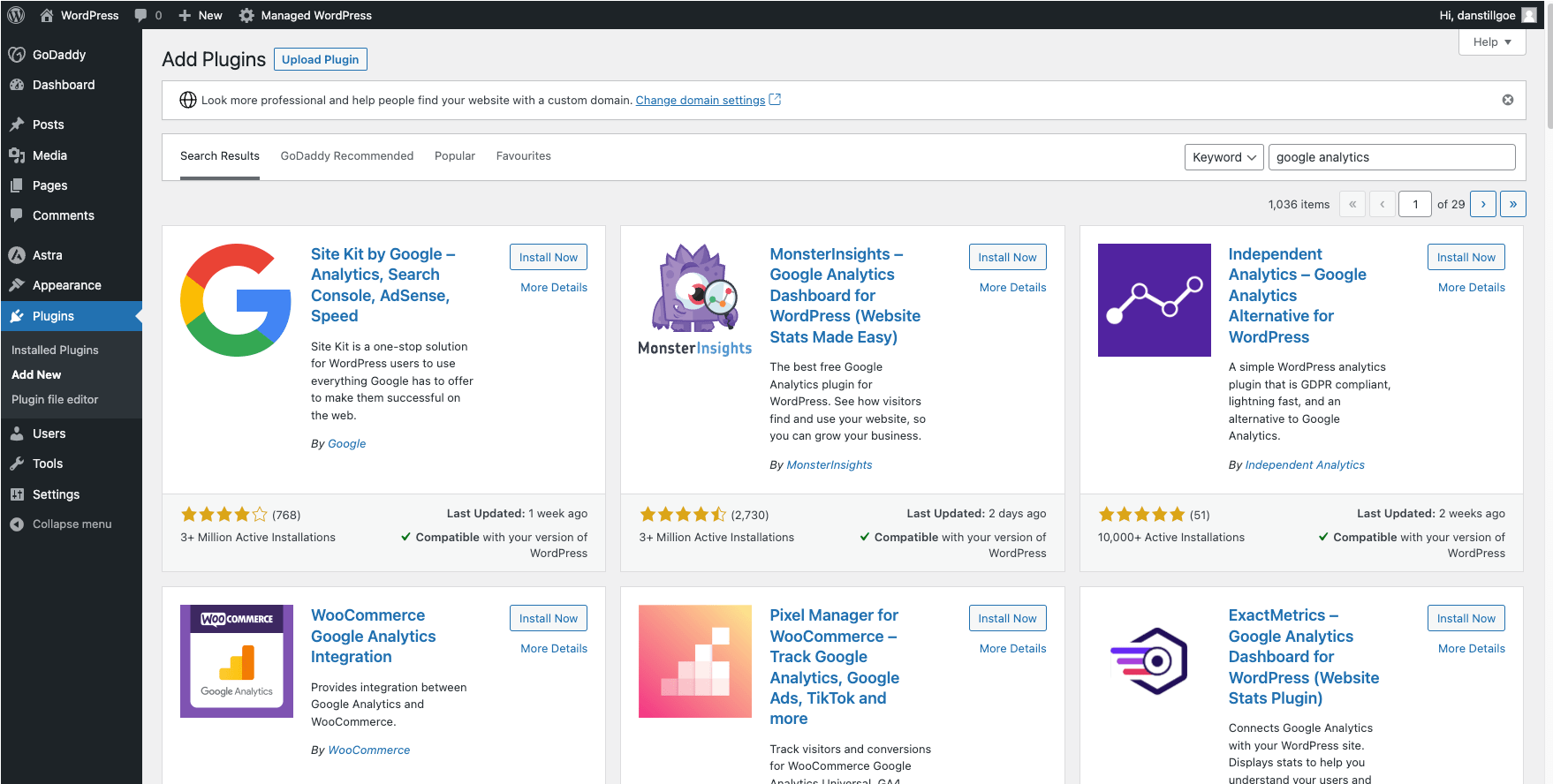
HubSpot empowers you to take control of your website's search engine rankings with in-built tools like:
HubSpot also provides lots of other behind-the-scenes SEO benefits, such as:
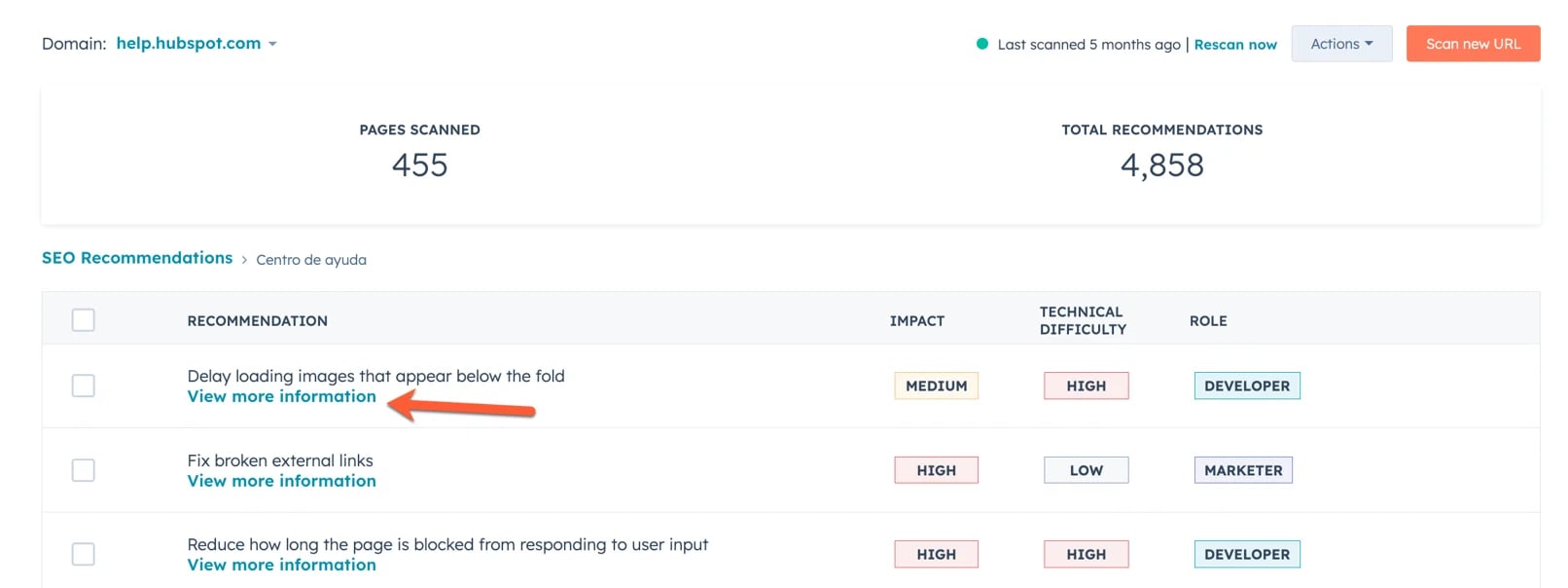
WordPress is a good platform for SEO, but it requires some customisation to get to the level of functionality that you'd expect from a CMS.
For example, you can add custom meta descriptions, but you'll need to install a tool like Yoast to do this from the CMS rather than via the site code.
Fortunately, WordPress has a huge marketplace of SEO plugins, so you won't struggle to find a tool to suit your needs.
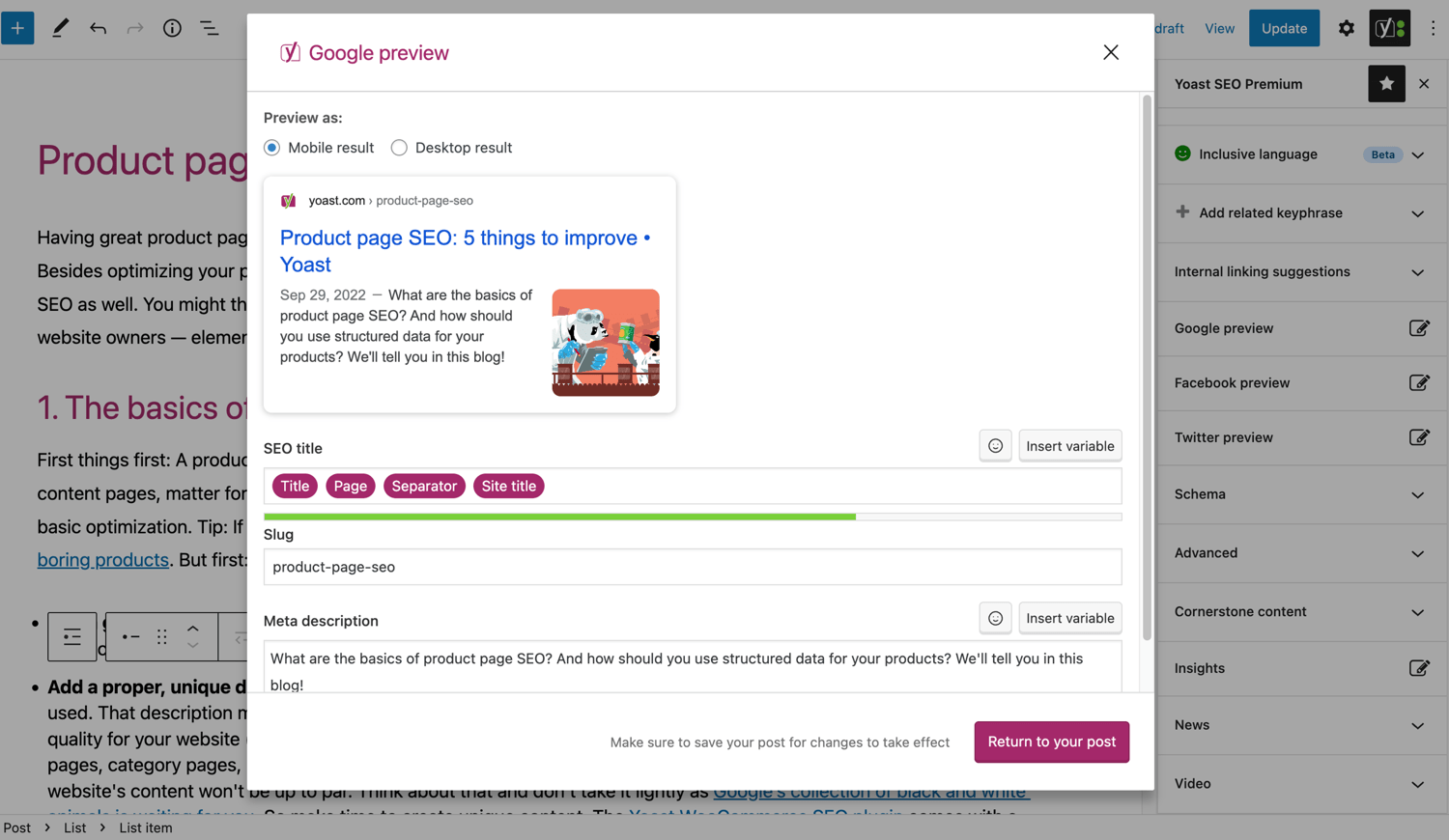
HubSpot has built-in content personalisation called smart content. This allows you to personalise website content based on:
Once a visitor has converted and is a contact in HubSpot, you can then personalise content based on any piece of information you have about them, explicitly or implicitly, using their contact properties.
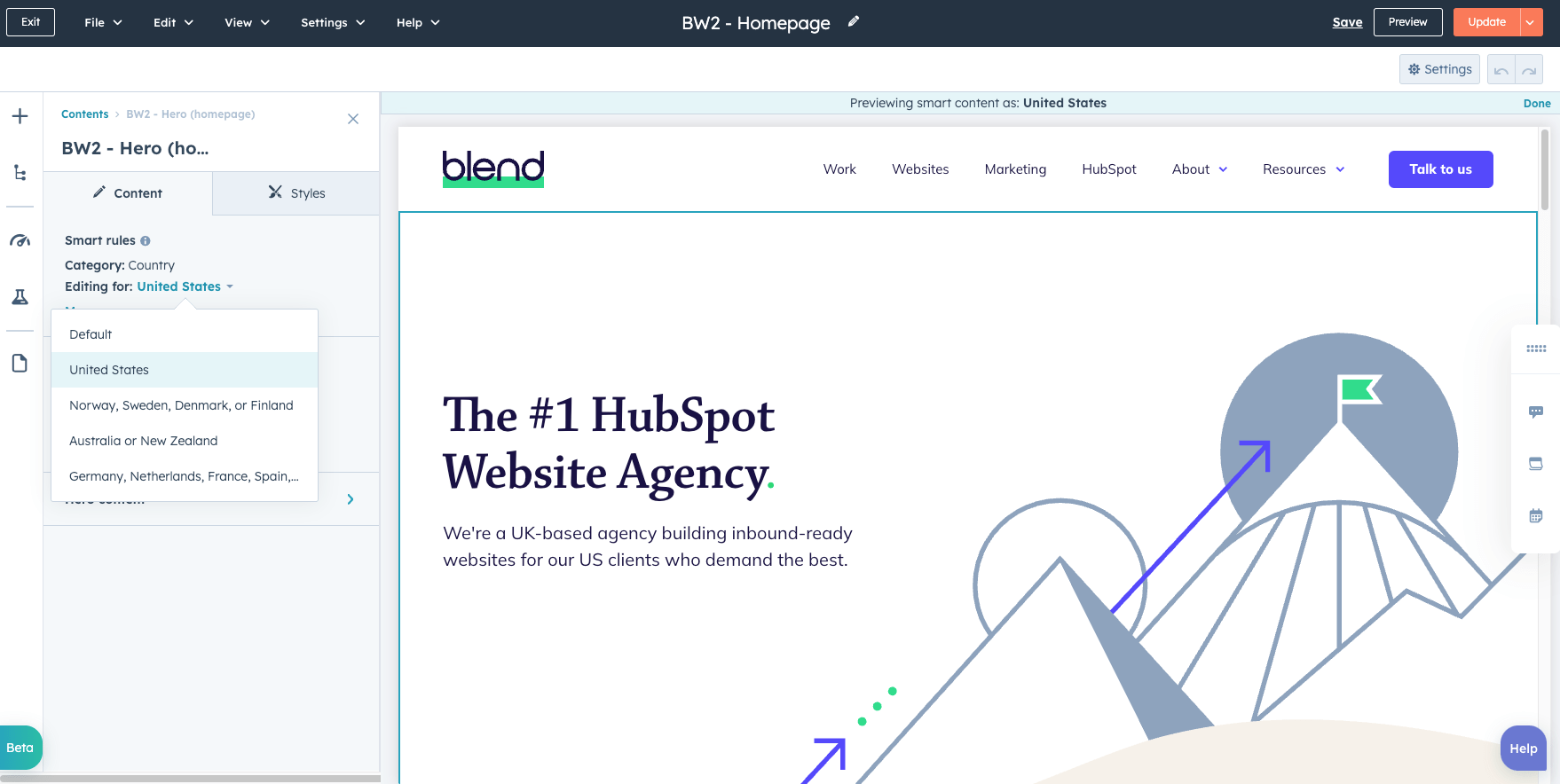
It's possible to add some basic personalisation to WordPress websites, but this requires a third-party plugin and can only provides personalisation for anonymous visitors based on:
It's not possible to use contact information stored in your CRM to customise content.
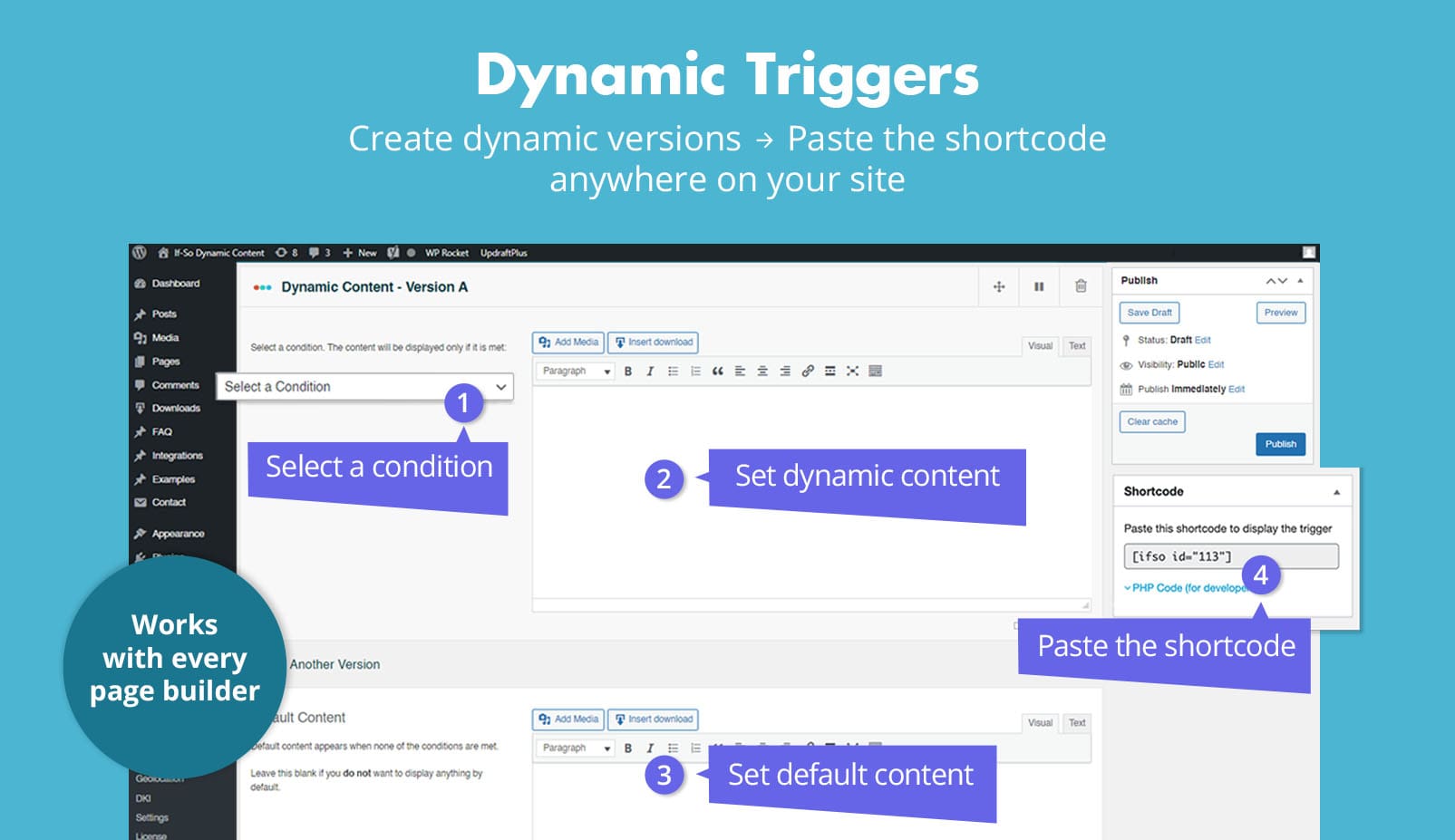
HubSpot CMS is perceived as less customisable due to its inability to run server-side code. However, with the introduction of HubDB and serverless functions, it's actually highly customisable. Implementing these features require a bit of effort, but the possibilities are endless.
HubSpot isn't limited at all in terms of front-end customisation. Any perceived limitations in design and development are often a result of a lack of knowledge or expertise in using the platform to its full potential.
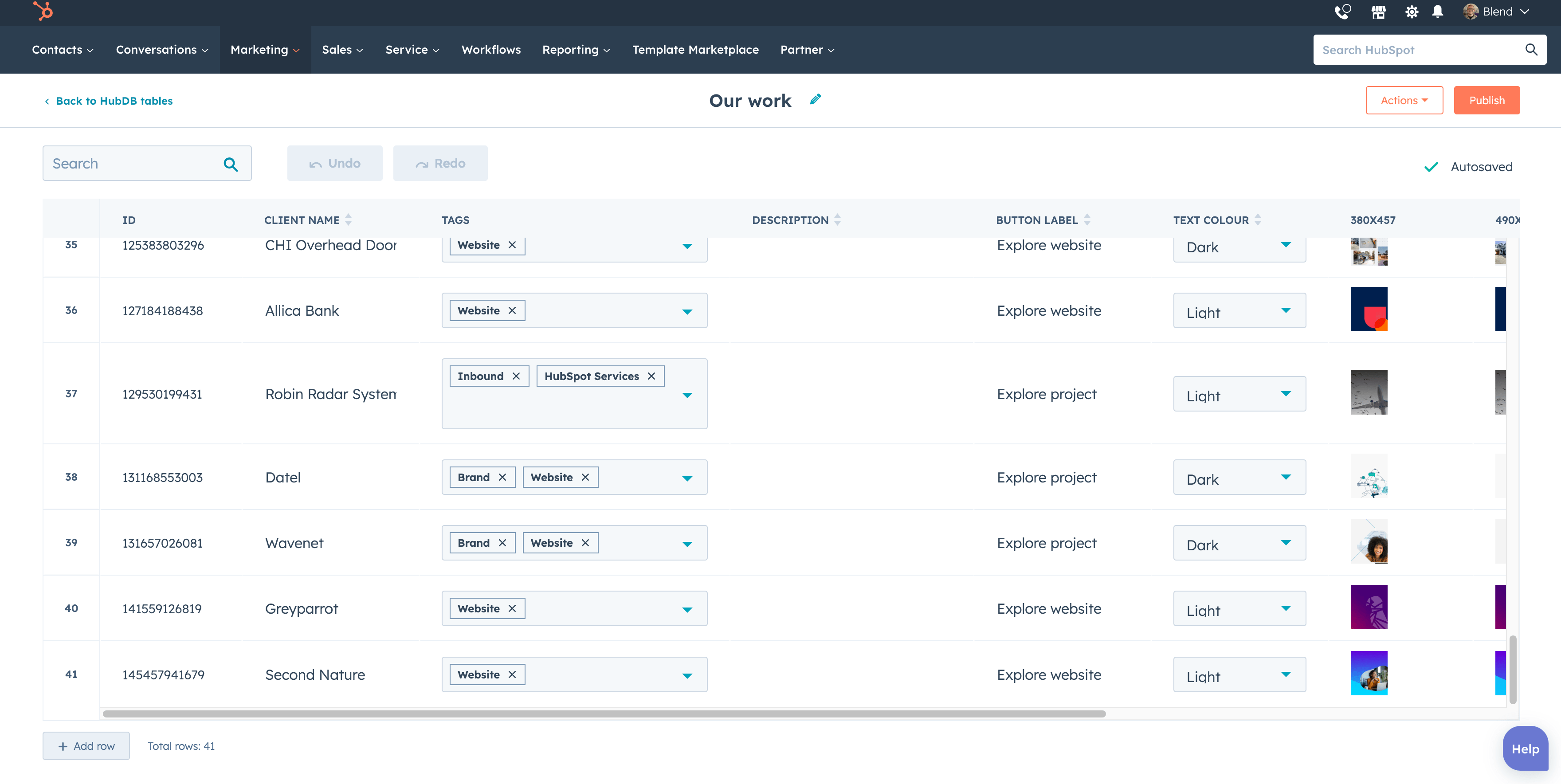
The WordPress CMS is highly customisable. At its core, the software can be highly customised with the help of a developer, extending it to suit your needs.
When it comes to themes, there are over 9000 available in the official WordPress theme repository. The functionality and cost vaires, but even the most basic WordPress themes give users some control over website customisation.
And with over 59,000 free plugins, there are lots of options to extend the functionality of your website as required. Take care not to overdo it when installing plugins as it's easy to install too many, increasing your load times and security risk.
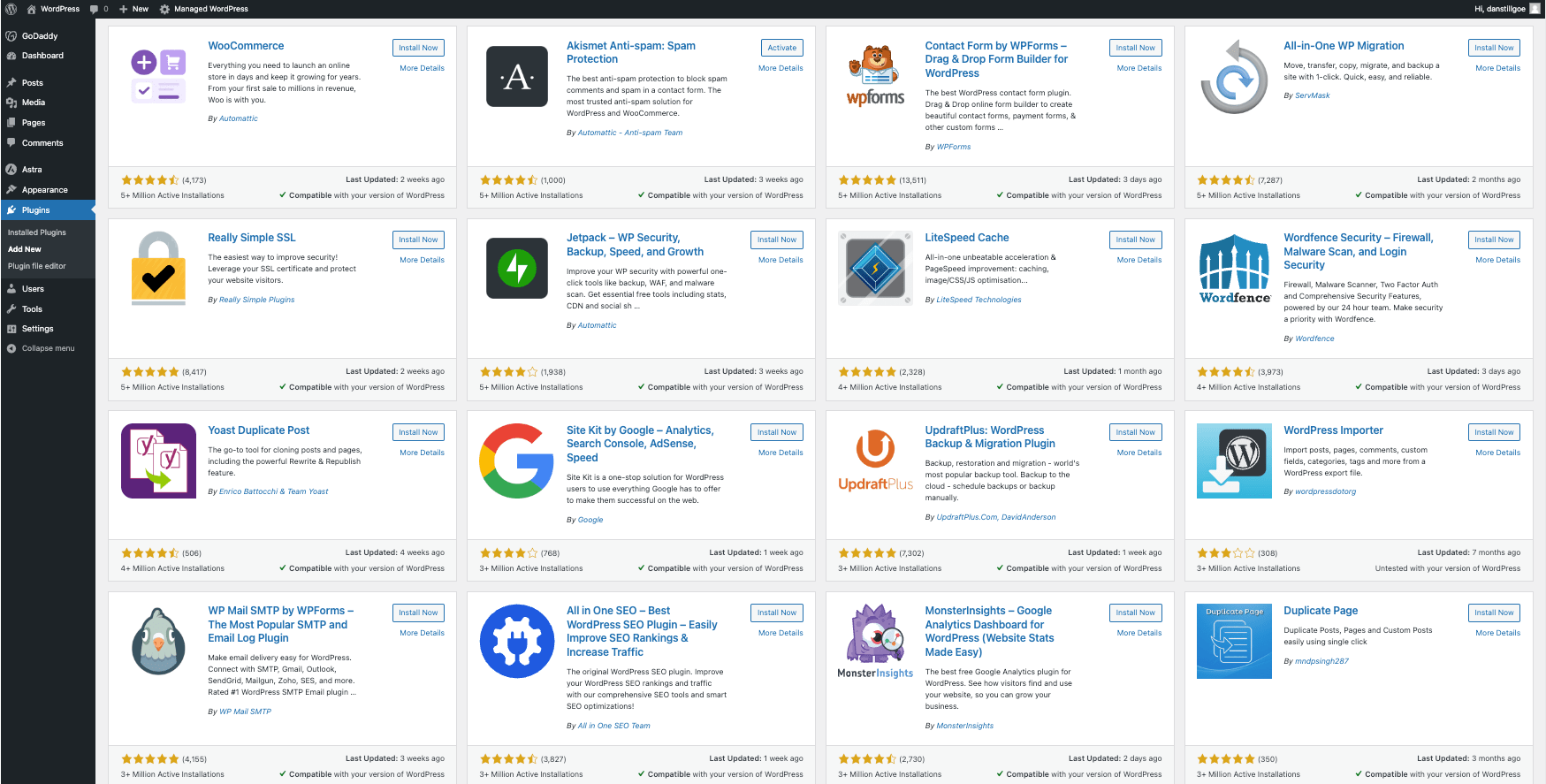
If you need a full-featured online store with extensive product catalogues, promotions, reviews, etc., HubSpot won't meet your needs out of the box.
However, HubSpot does offer some e-commerce capabilities that work well for some applications. For example:
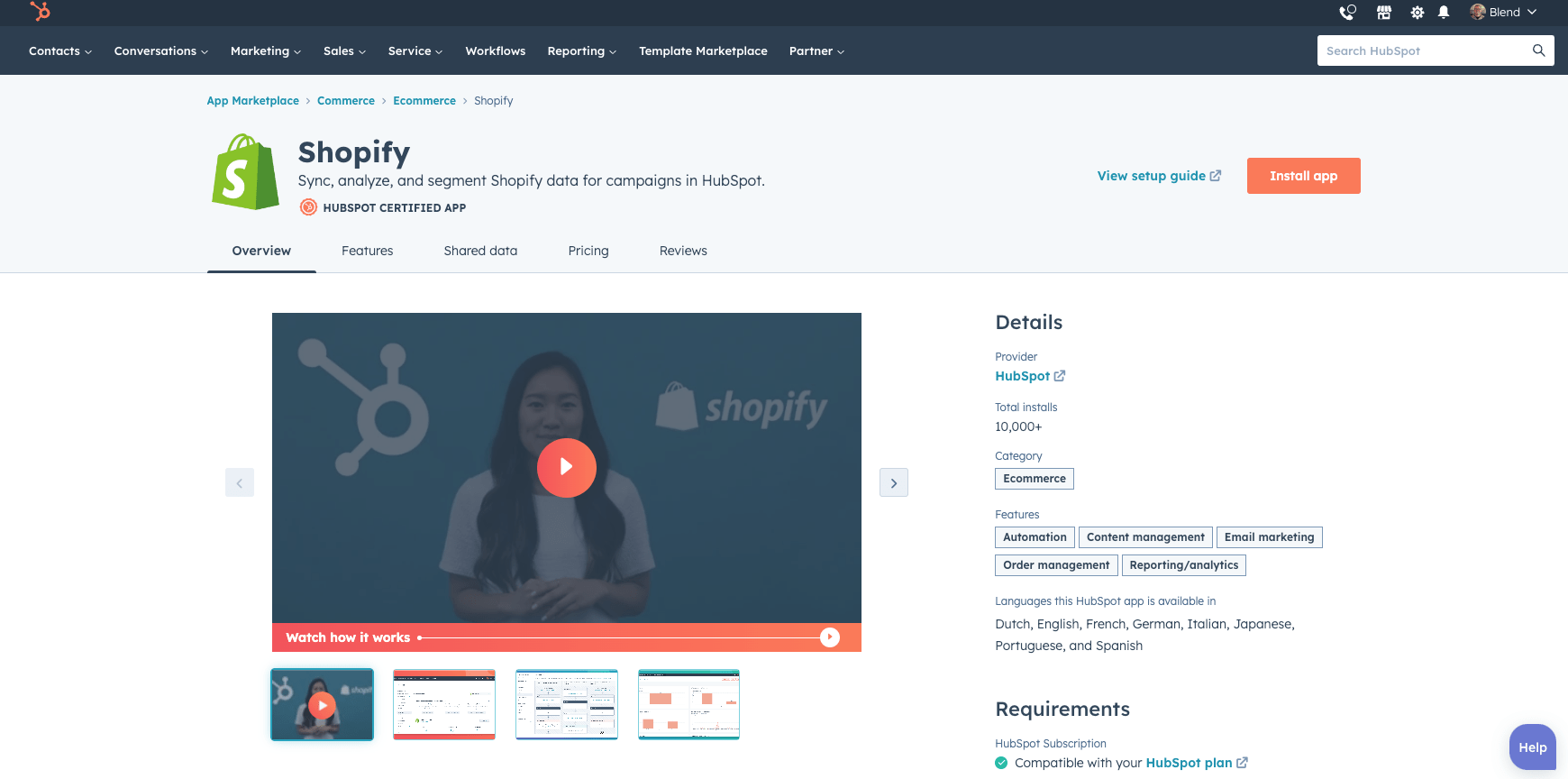
Like with most things when it comes to WordPress, e-commerce requires a plugin.
The most popular e-commerce plugin for WordPress is WooCommerce. It's free, open-source, and simple to install. You can add product listings, cart and checkout, transactions, shipping, and taxes.
Using WordPress with WooCommerce allows you to have a full online store integrated with your blog, service pages, user accounts, and more.
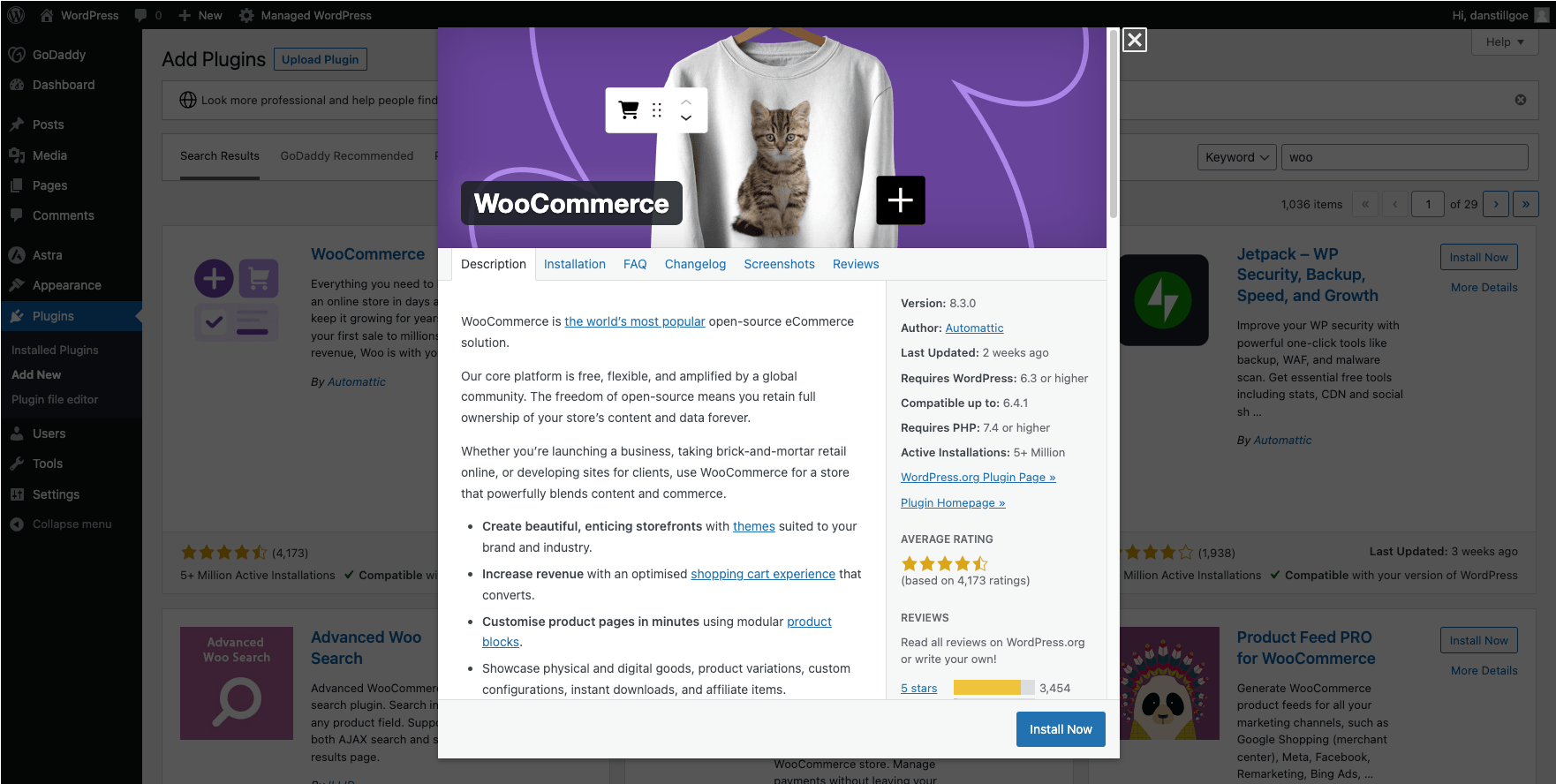
We always recommend running your blog and website on the same CMS. It's important to have all of your content under the same domain for continuity of using the same platform.
One of the benefits of using HubSpot for blogging is the intuitive, real-time editing experience. As you write and format your blog post in HubSpot, you can instantly see how it will appear published without toggling between preview modes.
HubSpot also provides built-in SEO tools in the page editor to help maximise your rankings. You can also link your SEO topics with HubSpot for recommendations on improving each page.
You can trigger actions in your CRM, email campaigns, and more based on blog views, engagement metrics, etc. This connects your blogging efforts with the rest of your marketing.
WordPress is an excellent choice for blogging. It has a user-friendly interface, flexible editing, and advanced categorisation features.
One of the standout features of WordPress' post functionality is its drag-and-drop editor, which allows for lots of flexibility when creating blog posts. However, it's important to exercise caution as this can lead to posts looking inconsistent if not used carefully.
WordPress offers SEO plugins like Yoast that provides valuable recommendations. These plugins help with crafting meta titles and descriptions, optimising keyword usage, implementing alt text, and more.
Content Assistant is HubSpot's core AI tool that's designed to help you create content faster and more easily. It uses AI to suggest topics, headlines, and even complete and expand content.
It's crucial to not depend solely on AI-generated content and ensure that it's reviewed and refined by a skilled content writer.
Content Assistant integrates with HubSpot's existing products, allowing you to use them within the page editor, social tools, emails, and more.
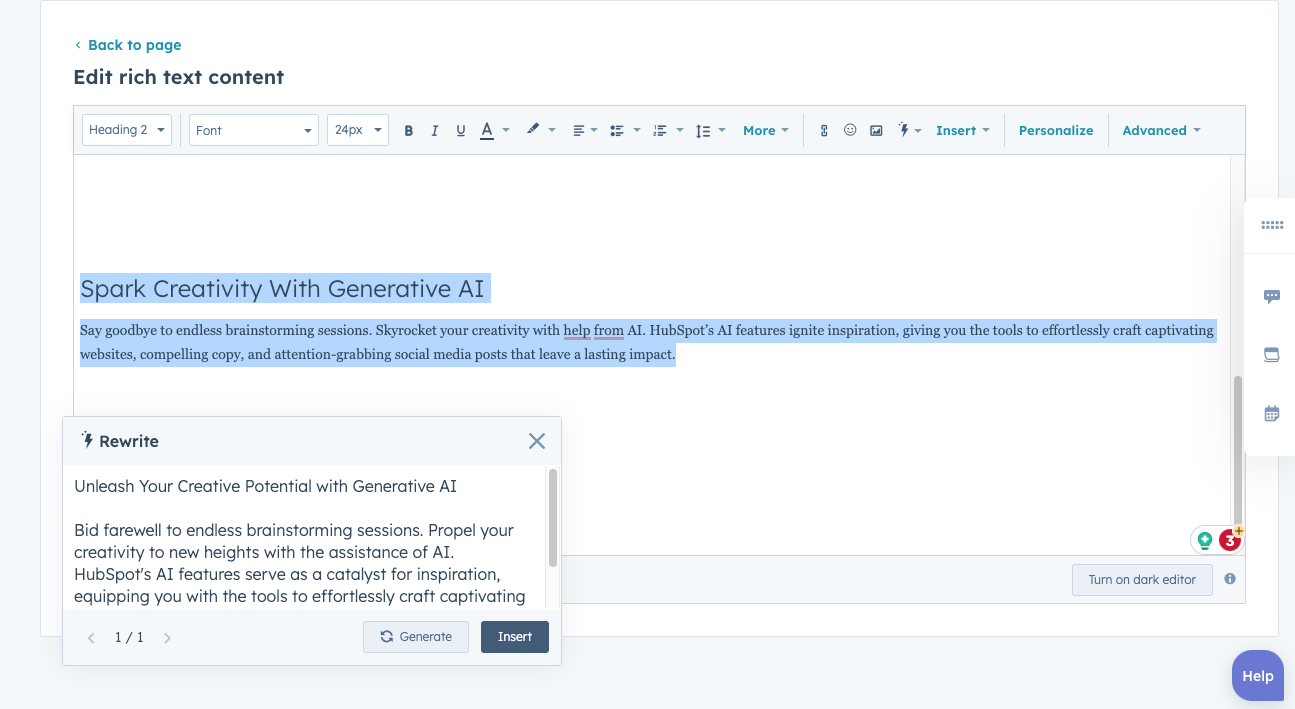
WordPress doesn't have any built-in AI. However, there are a range of AI plugins available that go beyond HubSpot's Content Assistant.
For research, plugins use AI to analyse content and suggest keywords. For headlines, plugins generate clickable, SEO-friendly headlines using natural language processing. For expanding content, plugins like Writesonic can generate full articles from just a title and outline.
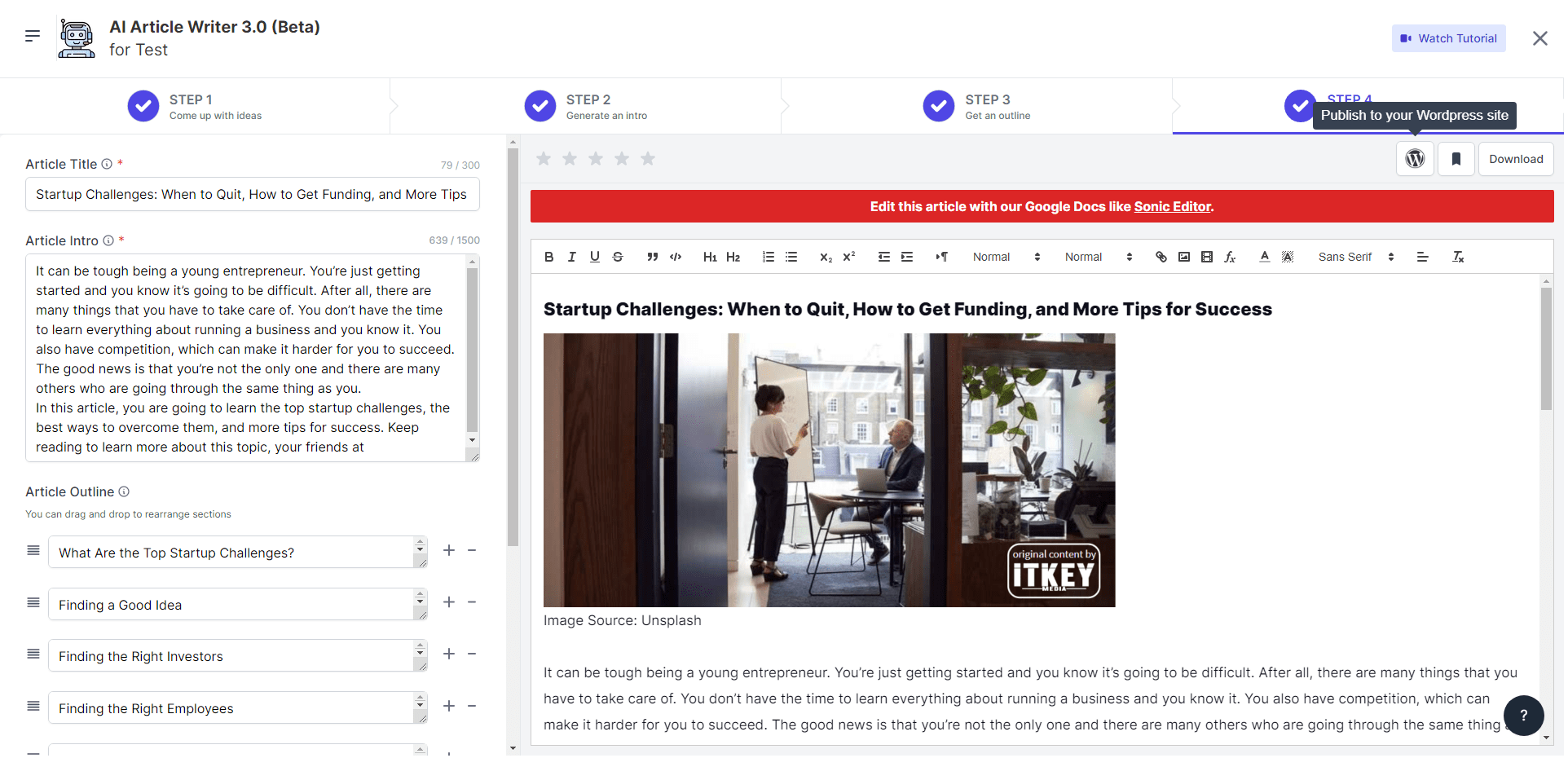
HubSpot CMS has lots of great website performance optimisation tools, including:
These tools combine to make HubSpot a powerful, fast platform. Learn more about HubSpot's CMS optimisation tools.
WordPress doesn't excel in performance optimisation.
This is mainly because of how WordPress operates. Whenever a visitor lands on a page of your website, WordPress dynamically builds the page by gathering information from various sources, such as your WordPress database and theme files. It then combines these elements into an HTML file that is sent to the visitor's browser. However, this method of constructing pages isn't ideal for achieving optimal performance.
To improve the speed of your WordPress website you'll need to install the appropriate plugins, such as caching, to stop the server loading every page. Be cautious because plugins can consume valuable server resources, even when they're not actively in use.
HubSpot has a built-in staging environment called content staging. It helps you streamline website updates with secure sandbox testing so you can edit and test new or existing pages without impacting your live site. This allows flexibility to experiment with content before publishing.
However, content staging doesn't support full site reconfiguration. For more comprehensive staging capabilities, invest in HubSpot CMS Enterprise to get access to a Sandbox account.
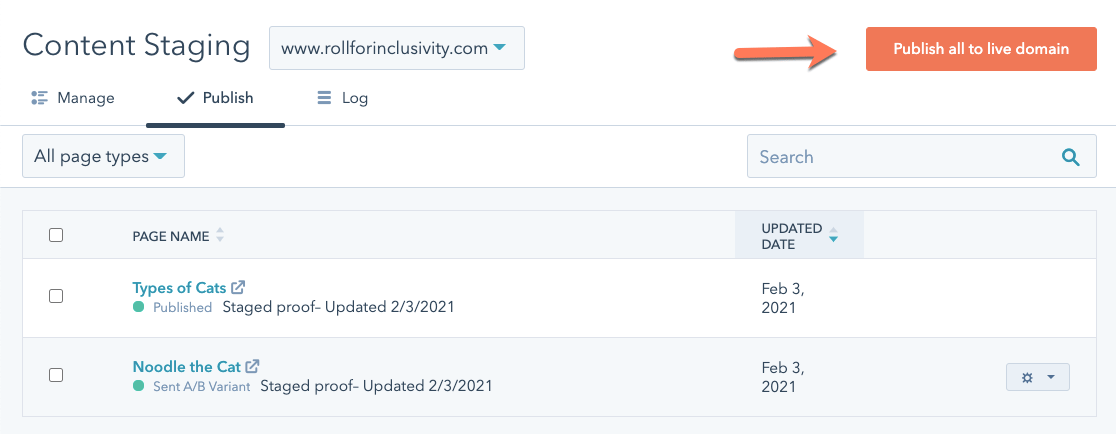
There's no built-in WordPress staging functionality, but there are easy ways to do this that suit different requirements and levels of expertise.
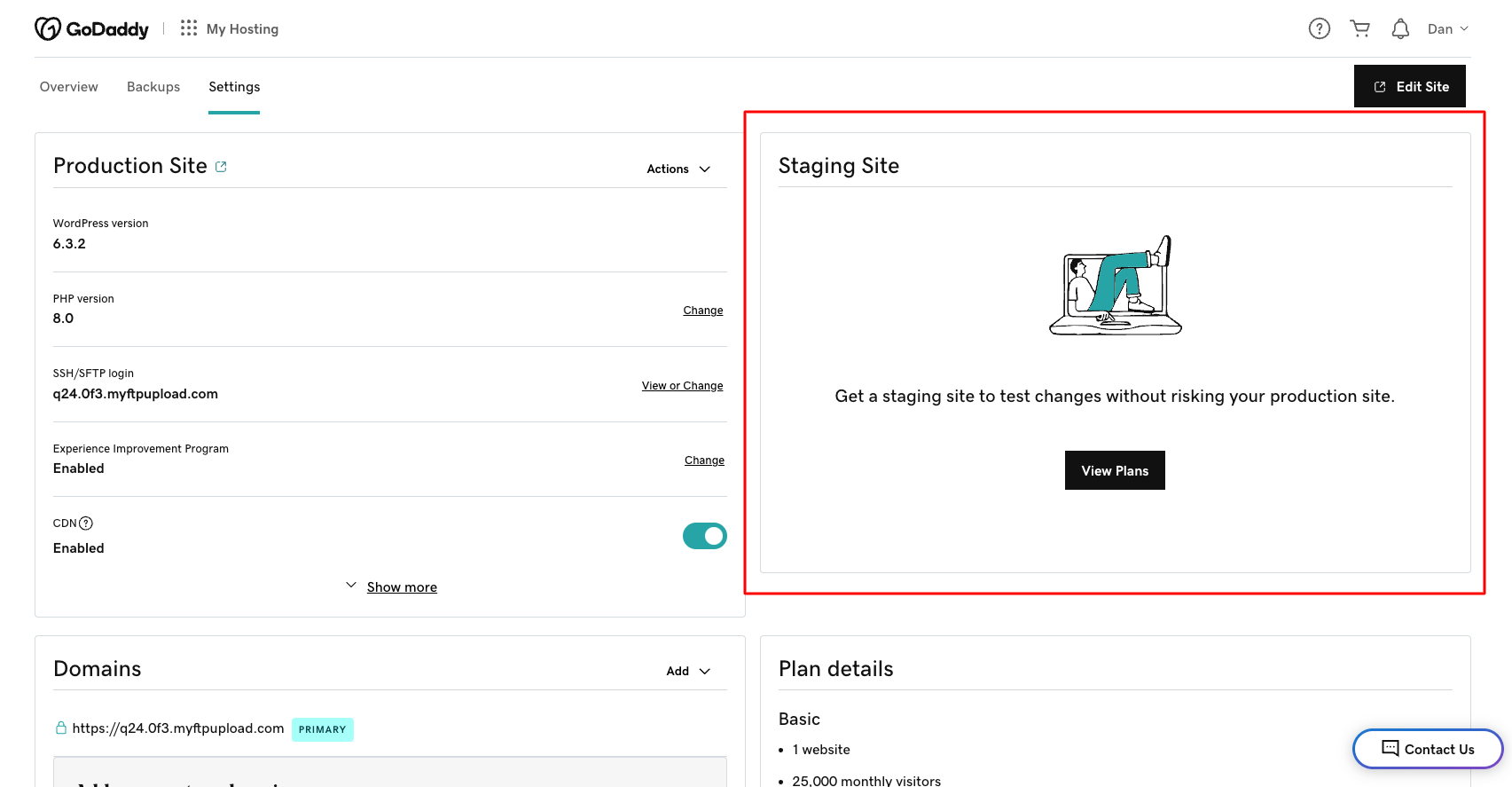
HubSpot provides helpful website support whether you build internally or with a HubSpot CMS agency. There's a large support team with a 24-hour response time to support any issues, though highly technical queries may require a developer.
Beyond official support, HubSpot has an engaged user community. Here, you can tap into the collective knowledge of other users and partner agencies.
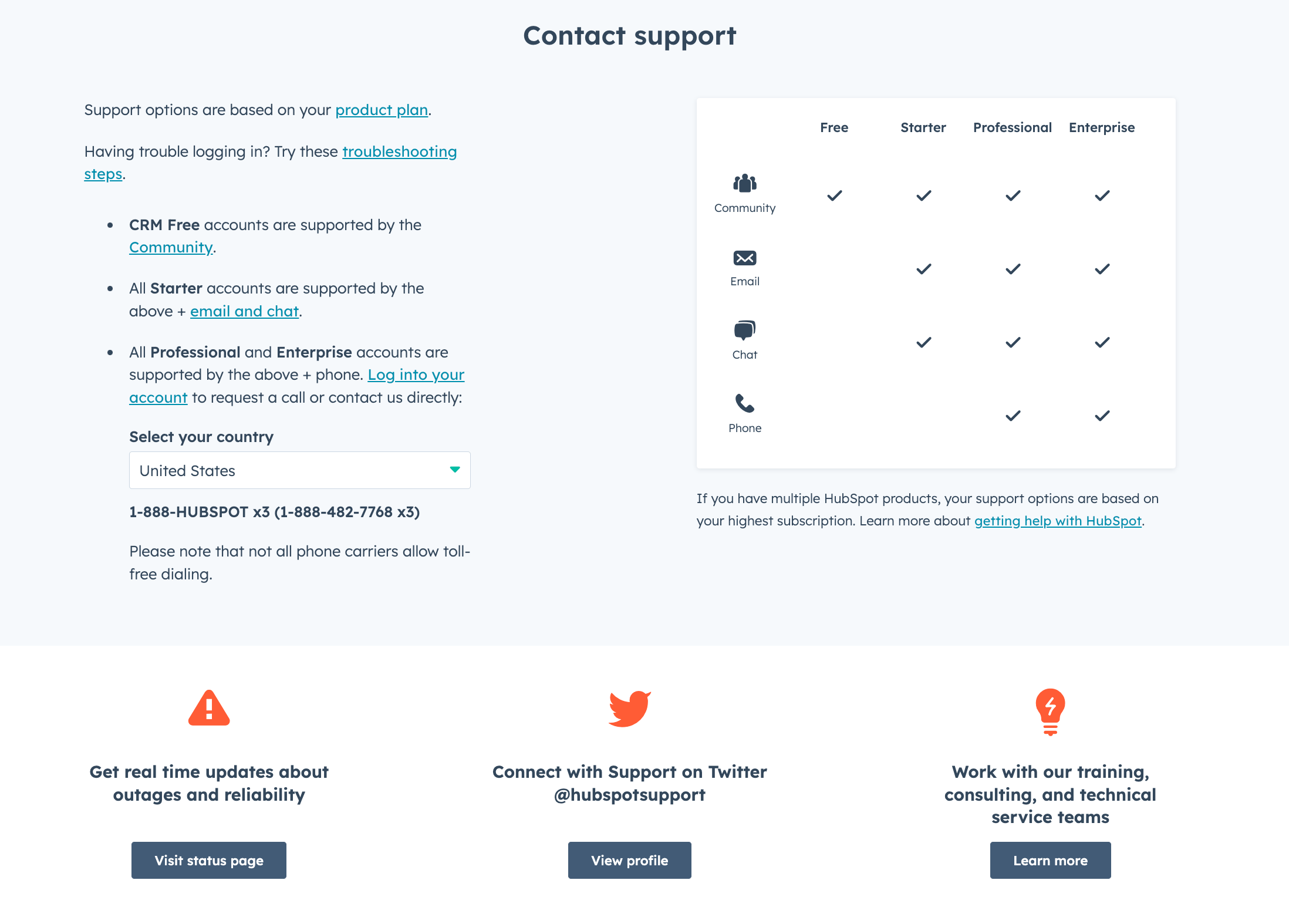
As an open-source CMS, WordPress doesn't have its own support team. To get support you'll need to review documentation or add your question in the WordPress community, which is very large, active, and supportive. Alternatively, get help from a WordPress developer.
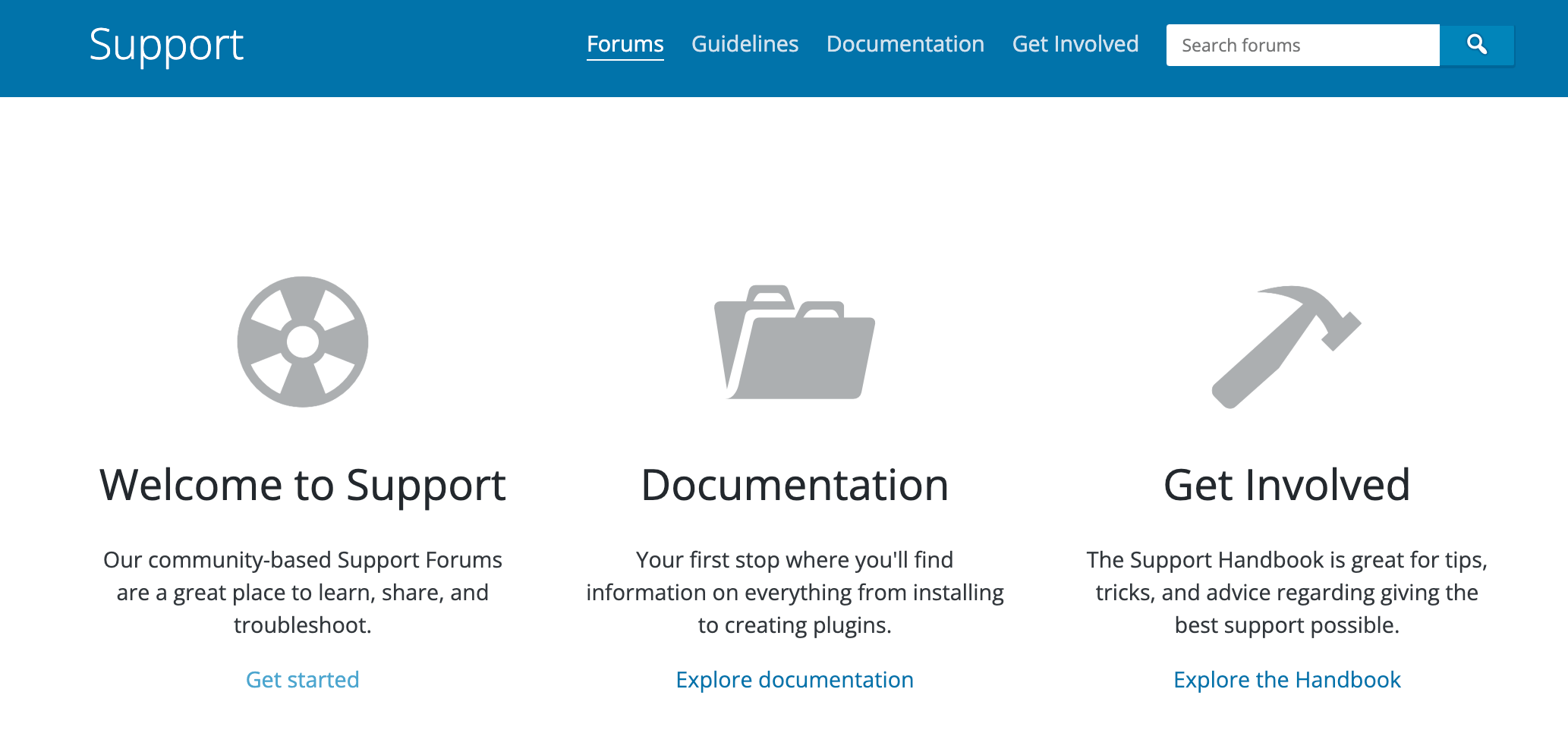
The HubSpot Academy offers comprehensive video courses and documentation for marketers and developers. Resources are regularly added and refreshed so you stay up-to-date, and maximise your productivity and platform use.
With consistent underlying CMS technology, HubSpot training can be used across the whole customer base.
WordPress' open-source flexibility makes unified training impossible.
Many quality courses exist, but as no two sites are the same, no training applies perfectly. Even theme-specific training may not match a site's bespoke configuration.
Effective WordPress training requires customisation. Teams need tailored materials focused on their unique workflow and stack.
The cost of building a new, bespoke website can vary based on your requirements, so we've focused on the ongoing running cost of each platform.
HubSpot CMS has four pricing tiers with functionality to suit different requirements.
HubSpot CMS Free: £0 per month
This is a great entry point for individuals and very small businesses. It provides the benefit of HubSpot's easy-to-use editor and reliable infrastructure. As with any free product, there are limitations. The free version doesn't come with support, HubSpot branding, and you can't modify system pages like 404, unsubscribe, email preferences, etc.
HubSpot CMS Starter: £21 per month
This is ideal for small businesses who want to work on their online presence. You'll have all of the benefits of HubSpot's easy-to-use editor and infrastructure. You can also remove HubSpot branding, create more pages, utilise support, and more.
HubSpot CMS Professional: £315 per month
This is the most popular HubSpot CMS package. It provides most businesses with all of the functionality they need to create a demand-generating website. You get additional functionality like content staging, custom reporting, HubDB, and much more.
HubSpot CMS Enterprise: £1050 per month
This is HubSpot's most advanced CMS product, but it comes with a premium price tag. It's used in scenarios where businesses need some more advanced website functionality like membership areas, custom objects, sandbox accounts, reverse proxy configuration, web app functionality, etc.
Additional costs
There are a couple of small costs that aren't included with the software. These are:
Despite common thinking, WordPress is certainly not free, there are lots of fees to take into account. However, because of its highly customisable nature, costs for a website on wordpress.org can fluctuate. Here's an idea of what you can expect to pay for maintenance:
Hosting: £3 – £70 per month
Your hosting service is where your website will live on the internet. Your choice here will impact your site's speed, security and functionality.
Theme: £50 – £200 per year
This is typically a one-off cost, but some themes have an annual recurring fee.
Plugins: £0 – £1,000 per month (some one-off costs, some ongoing)
With so many plugins available, it's impossible to determine how much your site will cost without knowing how many plug-ins you'll require. It's common to have five or more plug-ins with varying costs.
Security: £100 – £1000 per year
As an open-source platform, you need to take the lead on security. In most cases, a security plugin is essential. You can find free security plugins, but there are better, premium options, such as Sucuri ($199.99-$499.99 per year) and Wordfence ($119-$950 per year).
Maintenance: varying cost
WordPress requires consistent maintenance to ensure that the software and plugins are regularly updated to preserve the integrity of your website. If you lack the necessary technical expertise in-house, it's crucial to consider the manual upkeep required to keep your website secure and up-to-date. Neglecting this would leave your website vulnerable to potential risks.
If you're considering HubSpot for your next website, this complete guide will walk you through everything you need to know about creating a website using the HubSpot CMS.
